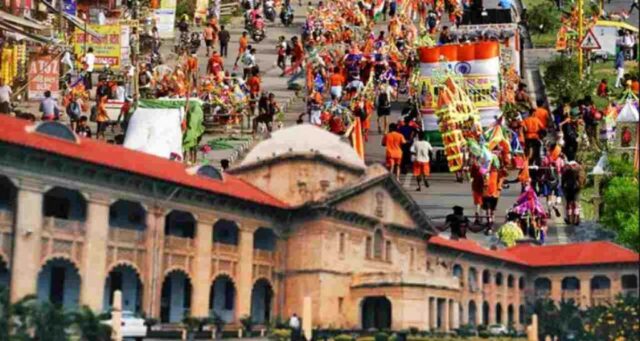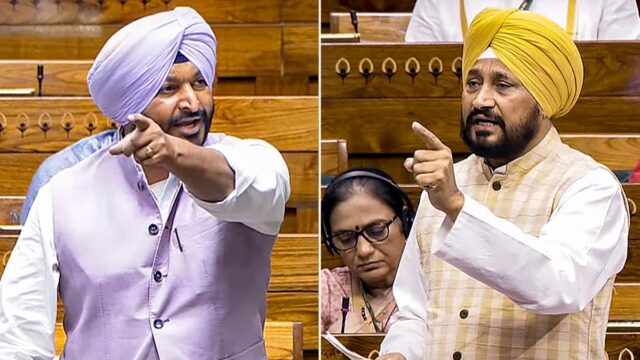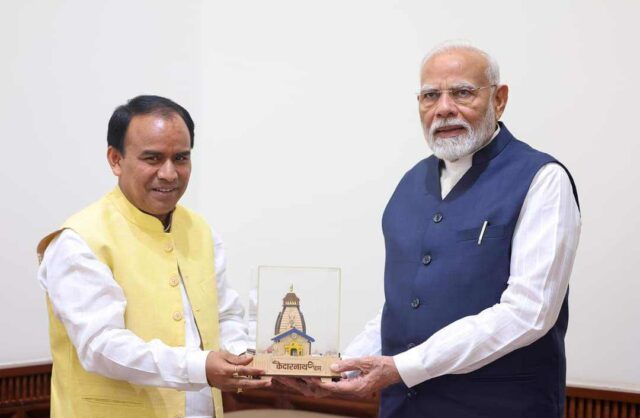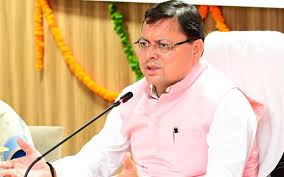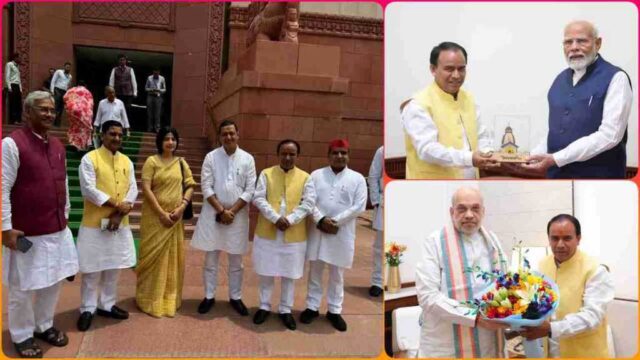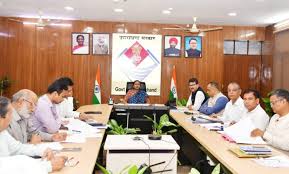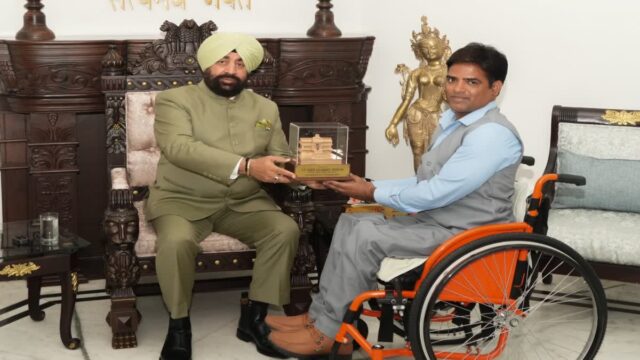Will Dalits who have converted to Islam and Christianity get SC status? What is article 341 and its political significance?
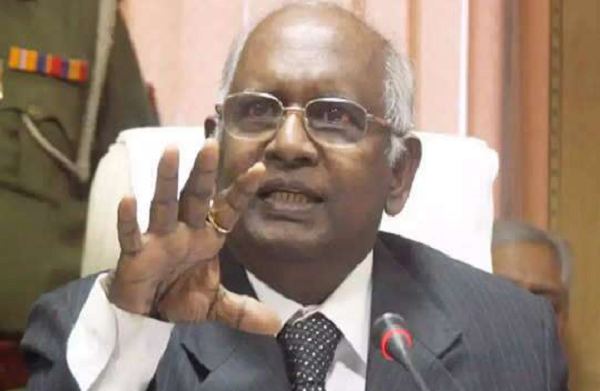
The Central Government has constituted a commission under the chairmanship of former Chief Justice KG Balakrishnan. This commission will give a report to the government after considering giving Scheduled Caste Status to Dalits who have adopted Islam and Christianity. According to the notification issued by the Union Ministry of Social Justice and Empowerment on Thursday, the commission will also include retired IAS officer Dr Ravinder Kumar Jain and UGC member Prof (Dr) Sushma Yadav as members. The commission will have to submit its report to the ministry in two years.
Understand in easy language what is Article-341?
The Constitution (Scheduled Castes) Order, 1950 stipulates that any person professing a religion other than Hinduism, Sikhism or Buddhism cannot be considered a member of a Scheduled Caste. The original order first classified only Hindus, but later Sikhs and Buddhists were also included and the order was modified. In 1990, the government amended the order to say, “Any person who professes a religion other than Hinduism, Sikhism or Buddhism shall not be deemed to be a member of its Scheduled Castes.”
Article-341 (Article- 341) of the Indian Constitution is about the Scheduled Castes (SC). There are two clauses in this article. The first clause states that the President of India can include any caste of any state or union territory in the SC through public notification. In the case of a state, the President needs to consult with the Governor there. The second clause states that the Parliament of India may, by public notice of the President, exclude from this list and at the same time include any caste included in the Scheduled Castes.
Now understand why there is controversy?
The new commission has been set up at a time when the Supreme Court is hearing a PIL filed by the National Council of Dalit Christians (NCDC), which has been fighting for SC status since 2020. Since 2004, many cases have been registered in this court in this case. In August, the Supreme Court had directed the Center to submit its present position on the issue. The argument of Dalit Christian and Muslim organizations has been that these communities are facing discrimination. On Thursday, these organizations criticized the Centre’s latest move as a “tactic of delay”.
What does the Ministry of Social Justice have to say?
The Ministry of Social Justice said that “certain groups” have raised the question of revisiting the existing definition of Scheduled Castes “as per the status of new persons belonging to other religions beyond those permitted through Presidential orders”. The ministry said that while there is a demand for inclusion by some sections, representatives of the existing scheduled castes have “opposed the grant of Scheduled Caste status to the new persons”.
‘No commission has investigated the matter’
With this, the ministry said, “…it is a fundamentally and historically complex social and constitutional question and a definite matter of public importance… Any change in the definition in this regard is detailed in view of its importance, sensitivity and potential impact.” and should be based on definitive study and extensive consultation with all stakeholders. No commission has so far investigated the matter under the Commission of Inquiry Act, 1952.”
NCDC protested, told this reason
Opposing the move, NCDC (National Council for Dalit Christians) President Vijay George said, “This is a delay tactic of the government, which clearly does not want to see the conclusion of the matter. What was the need for another commission when in the past several commissions and committees have submitted reports to the government, including the Ranganath Mishra Commission. Who has ruled in favor of giving such status. When Buddhists and Sikhs were given Scheduled Caste status, there was no commission. This move is politically motivated and discriminatory on the basis of caste and religion.”
Former Rajya Sabha MP accuses the government of delay
Echoing the opinion of the NCDC, Ali Anwar Ansari, founder of All India Pasmanda Muslim Mahaz and former Rajya Sabha MP from Bihar, accused the government of delaying the decision “so that it can cross the 2024 elections.” Ansari also said, “We have made it clear to them that our support rests on the resolution of two issues. First, mob lynching, cow vigilantism and atrocities, where Pasmanda Muslims suffer the most, must be stopped immediately. The second issue was to give SC status. I will rally for the community in the coming week.”
‘We have to face untouchability’
National Dalit Christian Watch governing board member Richard Devdas said Dalits who converted to Christianity and Islam still face discrimination and atrocities. “While we are treated as Dalits and face untouchability, we do not get the benefits of reservation and do not have the protection afforded by the SC/ST (Prevention of Atrocities) Act,” he said.
However, Vijay Sampla, chairman of the National Commission for Scheduled Castes, said that it is not possible to include new people in the SC list without a new study. “We need to look at the norms of reservation for these communities. We need to verify if they do indeed face the discrimination they claim to face.”
This issue was raised in the previous governments also
The then UPA government headed by Dr. Manmohan Singh took a step in this direction in October 2004. Then the Linguistic Minorities Commission was constituted to recommend measures for the welfare of socially and economically backward sections of religious and linguistic minorities. The National Commission for Religious and Linguistic Minorities was constituted under the chairmanship of Justice Ranganath Misra, the former Chief Justice of India.
In May 2007, the Ranganath Mishra Commission submitted its report, which recommended that the status of Scheduled Castes be completely delinked from religion and made religion-neutral like STs. However, the then UPA government did not accept this recommendation on the ground that it was not confirmed by field studies.

